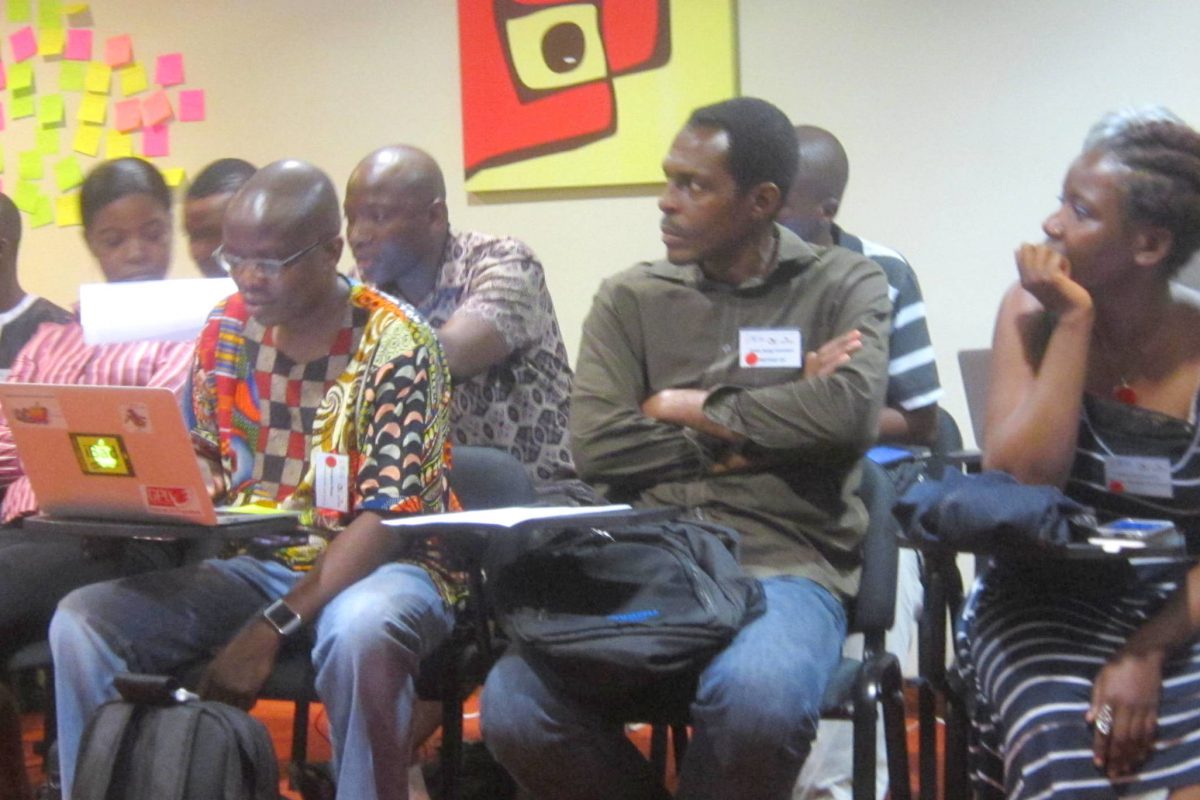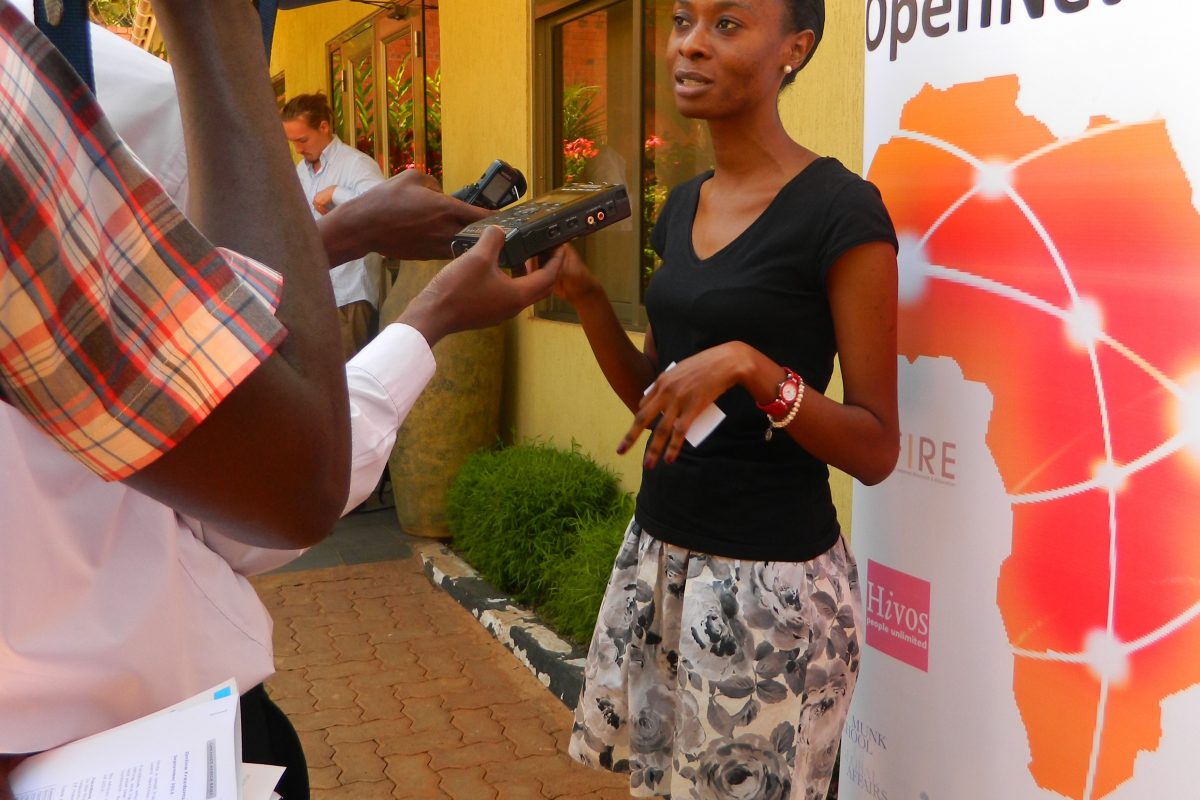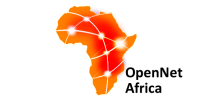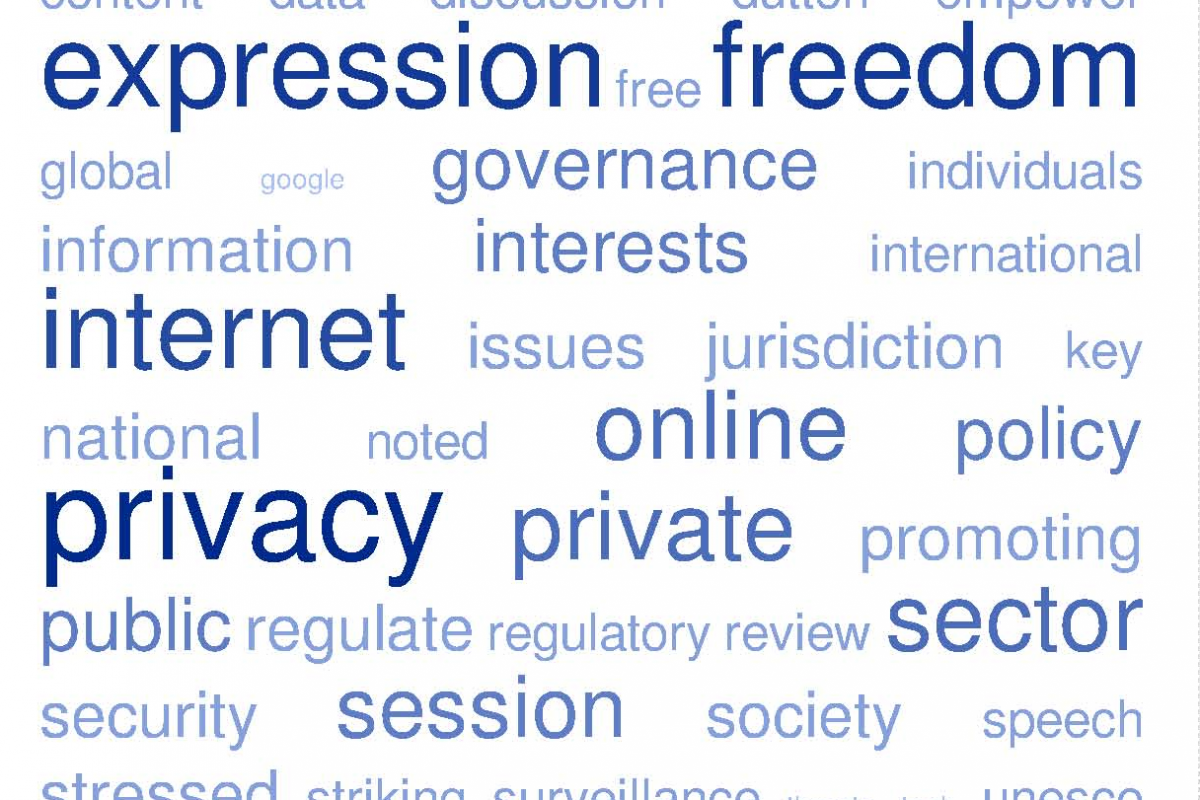By Juliet N. Nanfuka
The growth of the internet has seen numerous efforts to ensure its equitable and sustainable use. A key outcome is the concept of Internet Governance (IG) based on the principle that no single entity owns or controls the internet but rather a range of players who reflect the diversity of users globally participates in its governance.
Over the years, IG has gained prominence through platforms such as the Internet Governance Forums which are hosted annually at national, regional and global level.
In 2013, the New Partnership for Africa’s Development (NEPAD) through its e-Africa Programme and the Association for Progressive Communication (APC) established the African School on Internet Governance. The school seeks to address IG issues from an African perspective while at the same time equipping more players from the continent to contribute and participate more meaningfully in the multi-stakeholder model of internet governance.
This year, CIPESA alongside participants and faculty members from over 20 countries collectively shared unique insights, experiences and understanding of internet governance at the school which took place between 21 and 25 November in Mauritius. The participants, from backgrounds including government, academia, civil society and the private sector, explored the complexities of internet governance with interactive talks and presentations. They mapped out the course that internet governance has taken to-date, the various institutions and policy processes, emerging human rights issues, and what different African countries are doing with regards to IG.
“As it often happens, Africans have not been at the forefront of the internet and its related issues, but gradually we are realising the potentials of the internet and the need to make our voices heard in its governance. With platforms such as AfriSIG building capacities of Africans from different stakeholder groups and the worth of information available on the internet, I see a brighter future for Africa in IG issues both at the continental and global levels.” Dora Mawutor of the Media Foundation for West Africa – Participant at the African School on Internet Governance
Central to the school was that participants garnered an understanding of the roles of the different internet stakeholders, the varied interests they have and how all this impacts upon outcomes at an IG multi-stakeholder meeting when trying to reach consensus on an issue.
While initiatives like the Africa IG school demonstrate movements to better equip more people from the African continent to drive IG locally and at international IG fora, in many countries local factors such as poor access, limited local content, low literacy and high costs remain areas that require more focus and locally driven solutions.
However, facets of IG in Africa especially where it applies to security, privacy, surveillance and intermediary liability still require further scrutiny. As seen in the State of Internet Freedoms in East Africa 2014 report, these issues are increasingly impacting upon human rights, freedom of the press, critical opposition and equality, among others, on the continent.
It is also essential that building Africa’s capacity in IG is tailored to also accommodate the unique needs and requirements of its internet users such as the availability of non-Latin script African languages online to contribute towards local content and cultural preservation.
It is, however, worth noting that despite existing challenges, many African governments and civil society actors are making progress in strengthening internet related frameworks that support the fundamentals of a free, open and secure internet. Helping shape the continent’s approach to protecting internet rights are initiatives such as the African Declaration on Internet Rights and Freedoms.
Similarly, the NetRightsNG initiative of Paradigm Initiative Nigeria is collaborating other players to champion a Digital Rights and Freedom Bill in Nigeria. In Uganda, the Ministry of Information and Communications Technology (ICT) in partnership with the Ministry of Justice and Constitutional Affairs (MoJCA) and National Information Technology Authority, Uganda (NITA-U) have developed a Draft Data Protection and Privacy Bill (2014) which is currently going through a process of review and commentary by citizens.
As more African countries map the way forward for the information age, there remains the need to ensure that valuable contributions are made to global Internet Governance as it is this very participation that will define the further adoption of internet governance principles in Africa.




